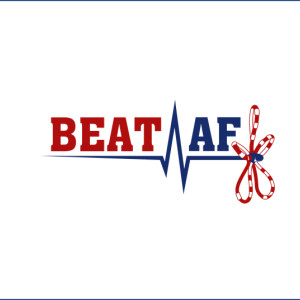All EDCTP3 calls for proposals are also published on the European Commission’s Funding and Tender opportunities portal.
 \
&
Contact us
\
&
Contact us
 \
&
Contact us
\
&
Contact us
Partnership website: https://www.globalhealth-edctp3.eu/
The European & Developing Countries Clinical Trials Partnership (EDCTP) exists to accelerate the clinical development of new or improved health technologies for the identification, treatment and prevention of poverty-related and neglected infectious diseases, including (re-)emerging diseases.
The Global Health EDCTP3 Joint Undertaking (Global Health EDCTP3) builds on the first and second EDCTP programmes and is a partnership between the EU and the EDCTP Association, whose members are several European and African countries.
The partnership will deliver new solutions for reducing the burden of infectious diseases in sub-Saharan Africa, and strengthen research capacities to prepare and respond to re-emerging infectious diseases in this region and across the world.
The following organisations based in Flanders are partner in ongoing EDCTP3 projects (2022 & 2023 work programme):
Since it took off in 2022, EDCTP has launched several calls of proposals. Information on the latest calls for proposals can be found in the 2024 annual work programme. Any further information can be found on the EDCTP3 Calls for proposals webpage.
All EDCTP3 calls for proposals are also published on the European Commission’s Funding and Tender opportunities portal.
Partnership: EC-GLOBAL-HEALTH-EDCTP3@ec.europa.eu
Partnerships group the EC and private and/or public partners, to coordinate and streamline the research & innovation initiatives and funding in some selected key domains.

The Horizon2020 project BEAT-AF brings together 9 European renowned clinical centres in France, Belgium, Czechia, Germany and Austria. Together, the consortium strives to revolutionize Atrial Fibrillation (AF) treatment through catheter ablation and contribute to decrease the huge burden of AF in Europe. The BEAT-AF project kicked off in 2021 and will run until 2026. The department of electrophysiology of the AZ Sint-Jan Hospital in Bruges is partner in the project and has so far contributed to the pre-clinical development, the first in man studies and first registries of the revolutionary AF treatment put forward by the consortium. The first pilot studies show that the treatment is safe, effective and efficient.